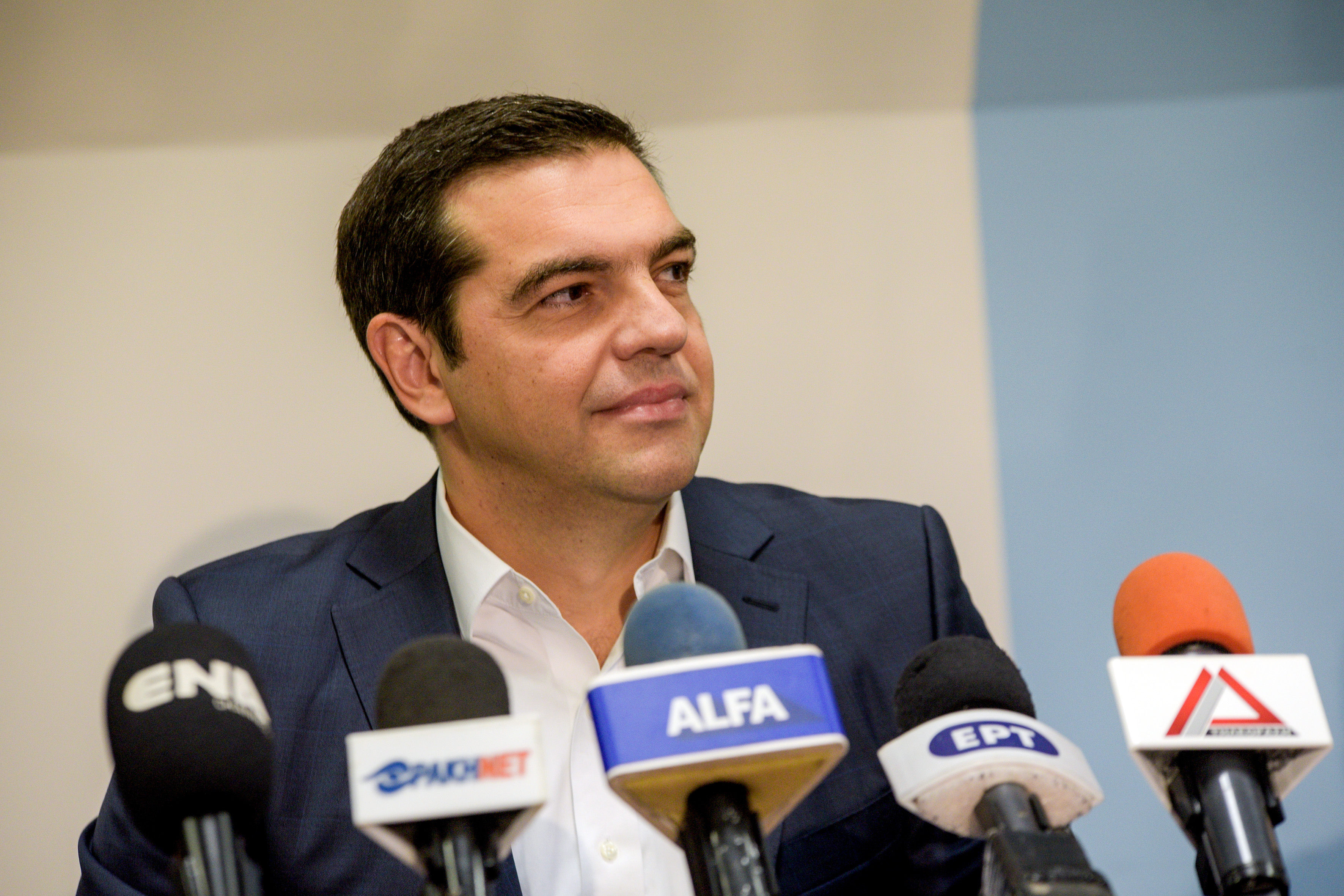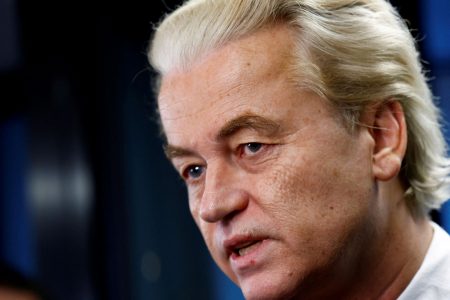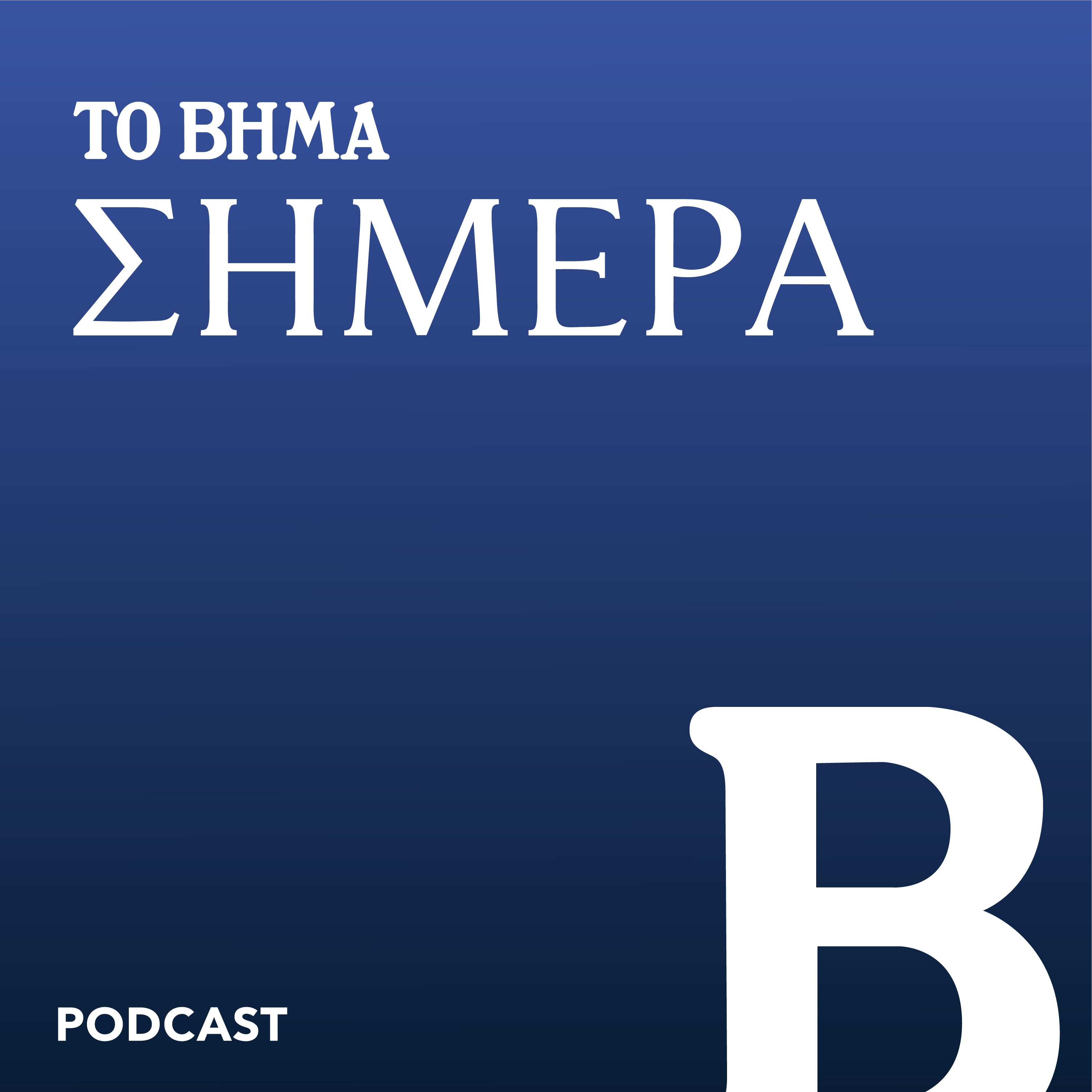The issue of a forged certificate of up-to-date in insurance payments which was submitted by the Diodos company, which belongs to the Tsipras family, in order to win a public tender for a 1.1mn euro project, has become a central political issue.
New Democracy has handed out revealing documents, but the PM’s office avoids answering on the substance of the case. Tsipras’ siblings, Dimitris and Zanet, are threatening with lawsuits, and the government spokesman said that ND’s statements are criminally punishable.
The issue of transparency and morals in politics is rarely reviewed by criminal courts. Clear explanations are always more effective. The government had made its banner its moral advantage, and then it plunged into the privileges of power and continued charging its political opponents and their families of corruption, even drawing the judiciary into its planning. The opposition’s question whether there was a judiciary intervention for a more lenient treatment of the PM’s brother remains unanswered.
Forged documents
In 2011, when the Diodos affair began, ND, Pasok and Dimar were the coalition government. In November, the Central Aegean Prefecture proclaimed a tender for the construction of a network of stations for rubbish processing on the island of Lesvos. The tentative lowest bid was submitted by Diodos. The prefecture bureaucrats discovered that the insurance certificates from TSMEDE were forged. A document issued in 2010 was altered to show it was issued in 2012. They requested criminal prosecution in a report submitted to the Mytilini lower court prosecutor’s office. The case was undertaken by prosecutor Hara Karagiannakidou, who studied the case evidence for three whole years with no progress.
In 2015, Lower Court Prosecutor Georgios Argyropoulos took over.
In the interim, Alexis Tsipras had become PM. Argyropoulos recommended to the Northern Aegean Appellate Court prosecutor not file charges against Yorgos and Zanet Tsipras, and he shelved the case. However, he prosecuted Dimitris Tsipras for the forged document and set the trial date for 31 May, 2016. The trial was postponed due to the absence of the defence lawyer, and was rescheduled for September, 2017.
Statute of Limitations
On 3 August, justice minister Nikos Paraskevopoulos tabled a bill to decongest prisons. It wrote off violations with a two-year jail term, whereas it had been only one year until then. A series of violations were exempted, including penalties related to forgery, such as a forged medical certificate or university degrees, which were subject to the statute of limitations.
That is where the questions start for ND. When the trial date came, Dimitris Tsipras was not charged with forging a document, which is a felony due to the 1.1mn euro cost of the project, and is punishable with up to 20 years. He was charged with “use of a forged document”, which provides for an up to five year suspended sentence.
In court, the charge was changed to “forgery of a certificate”, which under the Paraskevopoulos law meant that it was past the statute of limitations, and it was not prosecutable.




